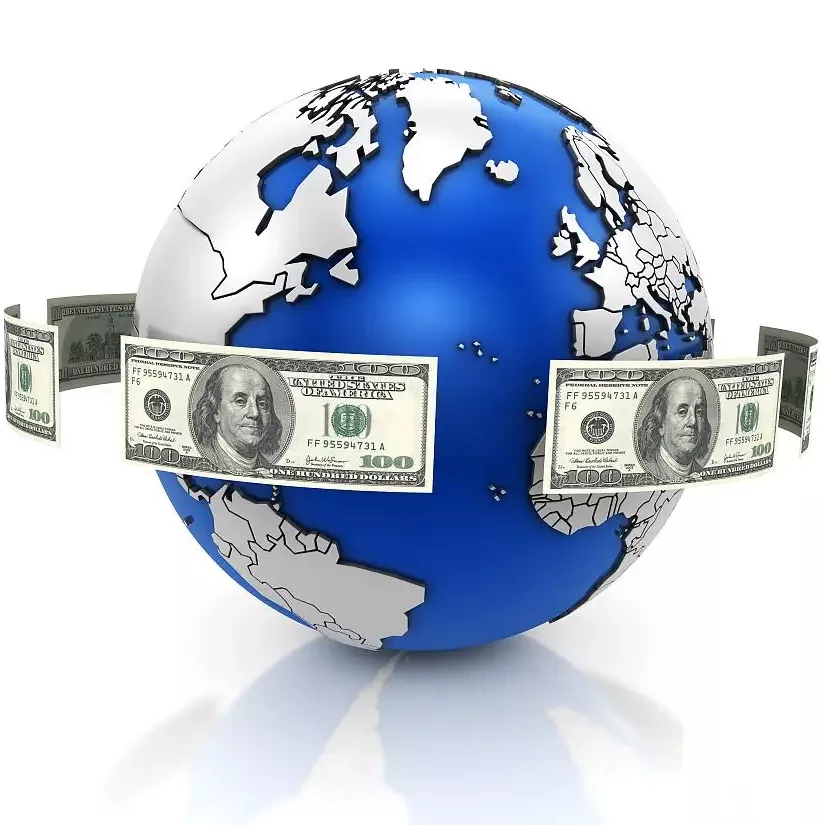The future of industry and trade is one of seamless integration, driven by innovation, sustainability, and global connectivity. As markets become more interconnected through digital platforms, supply chains will evolve into dynamic networks that are not only faster but more transparent and responsive to the needs of consumers.
We envision an industry where businesses, both large and small, leverage cutting-edge technologies—artificial intelligence, blockchain, automation, and the Internet of Things—to enhance efficiency, reduce costs, and deliver better products and services. Trade will be increasingly data-driven, enabling precision in demand forecasting, inventory management, and personalized solutions, while ensuring that businesses can respond in real time to shifting market conditions and consumer preferences.
At the same time, the principles of sustainability will be central. Industry and trade will evolve toward a circular economy, where products are designed for reuse, recycling, and minimal environmental impact. Companies will prioritize green technologies, renewable resources, and carbon reduction strategies, ensuring that growth does not come at the expense of the planet.
In this vision, international trade will thrive in an environment of cooperation and mutual benefit. The barriers that once impeded global commerce—whether logistical, regulatory, or geopolitical—will be diminished through collaborative frameworks and smart policies that foster trust and open markets. Emerging markets, enabled by digital tools and innovative logistics solutions, will have equal access to global supply chains, creating more opportunities for equitable economic growth worldwide.
Ultimately, the future of industry and trade will be about more than just commerce; it will be about connecting people, empowering communities, and creating a world where the benefits of trade are shared by all.





Recent Comments